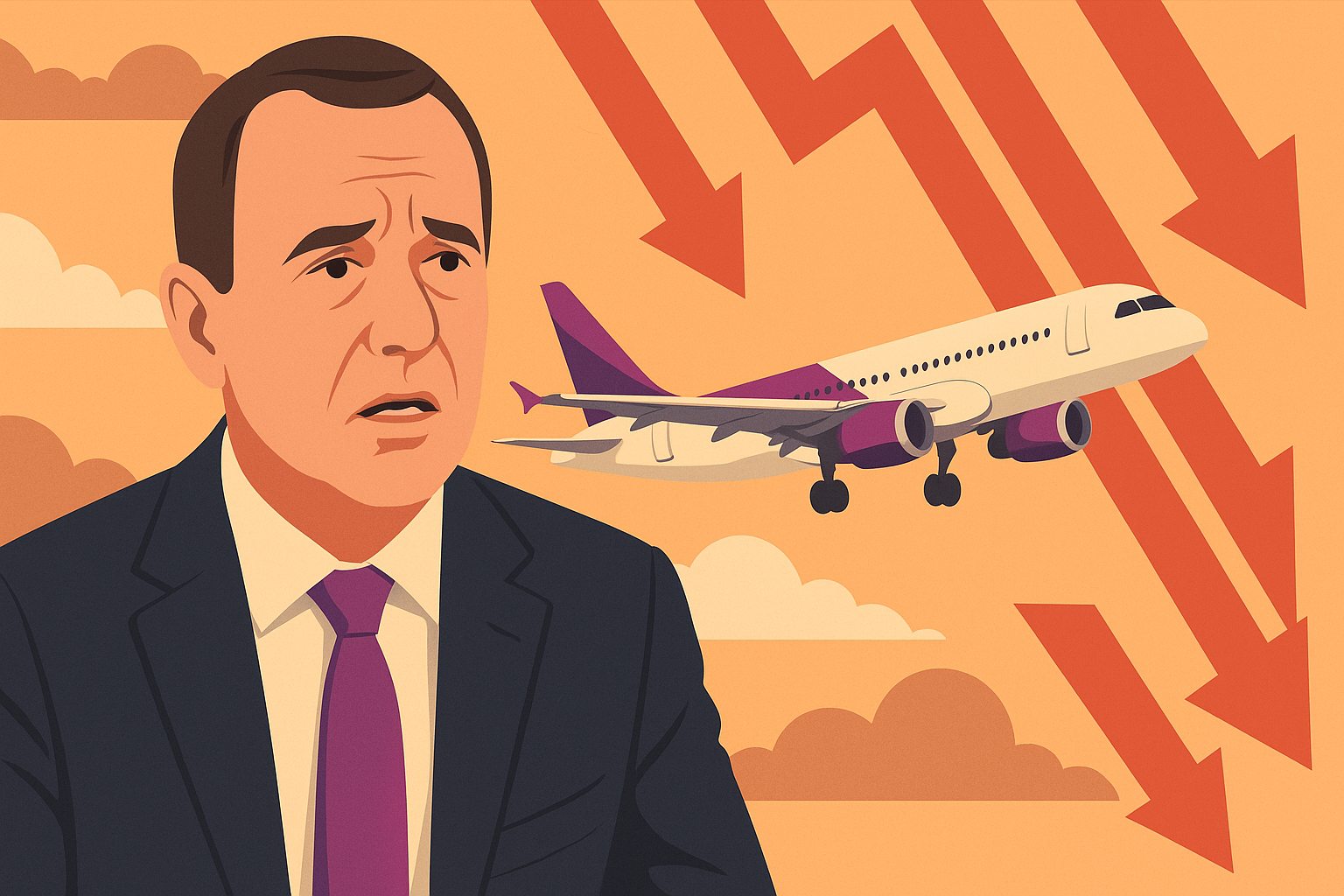Wizz Air chief executive József Váradi has cautioned that the European Union’s increasingly strict aviation regulations could weaken the continent’s economic future by undermining the competitiveness of its airlines.
Speaking to the Financial Times, Váradi said that European policymakers were overlooking the aviation sector’s role as a driver of economic growth, while competitors in regions such as the Middle East and Asia continue to expand with fewer restrictions.
“I don’t think in Europe aviation is seen as strategic as it used to be,” he said, warning that the region risks developing a “decaying economy” if it continues to impose burdensome rules instead of fostering competitiveness.
Concerns Over Regulation and Global Competition
Váradi’s remarks reflect growing unease among European airline executives who say they face an uneven playing field due to costly environmental and operational requirements. Among these are mandates to increase the use of sustainable aviation fuels (SAFs), which significantly raise operating costs for EU-based carriers but not for Gulf airlines flying to Asia through Europe.
Leaders of Air France-KLM and Lufthansa have also called for a “level playing field” to ensure European airlines are not disadvantaged in global markets. Similarly, Ryanair’s Michael O’Leary recently criticized the EU’s Emissions Trading Scheme (ETS), arguing it makes European holidays more expensive compared with destinations outside the bloc.
“A family of four going from Brussels to Spain or the Canaries pays about €120 in ETS costs,” O’Leary said, “whereas a similar trip to Morocco is €120 cheaper.”
Disputes Over Passenger and Luggage Regulations
The industry is also contesting new consumer protection measures. A Spanish court ruling that would have allowed passengers to carry two bags free of charge was overturned this month. Airlines, including Wizz Air, argue that charging for extra bags helps maintain affordable ticket prices.
“You cannot have two bags for every passenger; it’s just impossible,” Váradi said.
Wizz Air’s Shifting Strategy
Founded in 2003, Wizz Air operates flights to more than 200 airports across 55 countries. Despite its expansion, the airline’s shares have fallen by 20% this year following several challenges — including the grounding of aircraft equipped with Pratt & Whitney engines and the termination of its partnership in Abu Dhabi, which was intended to serve Asian routes.
With those setbacks, Váradi said Wizz Air will now focus its growth strategy within Europe. He reiterated his call for EU leaders to view aviation as “an economic engine for long-term growth,” warning that Europe must “maintain competitiveness against China, the US, or the Middle East” if it hopes to remain a major player in global aviation.








